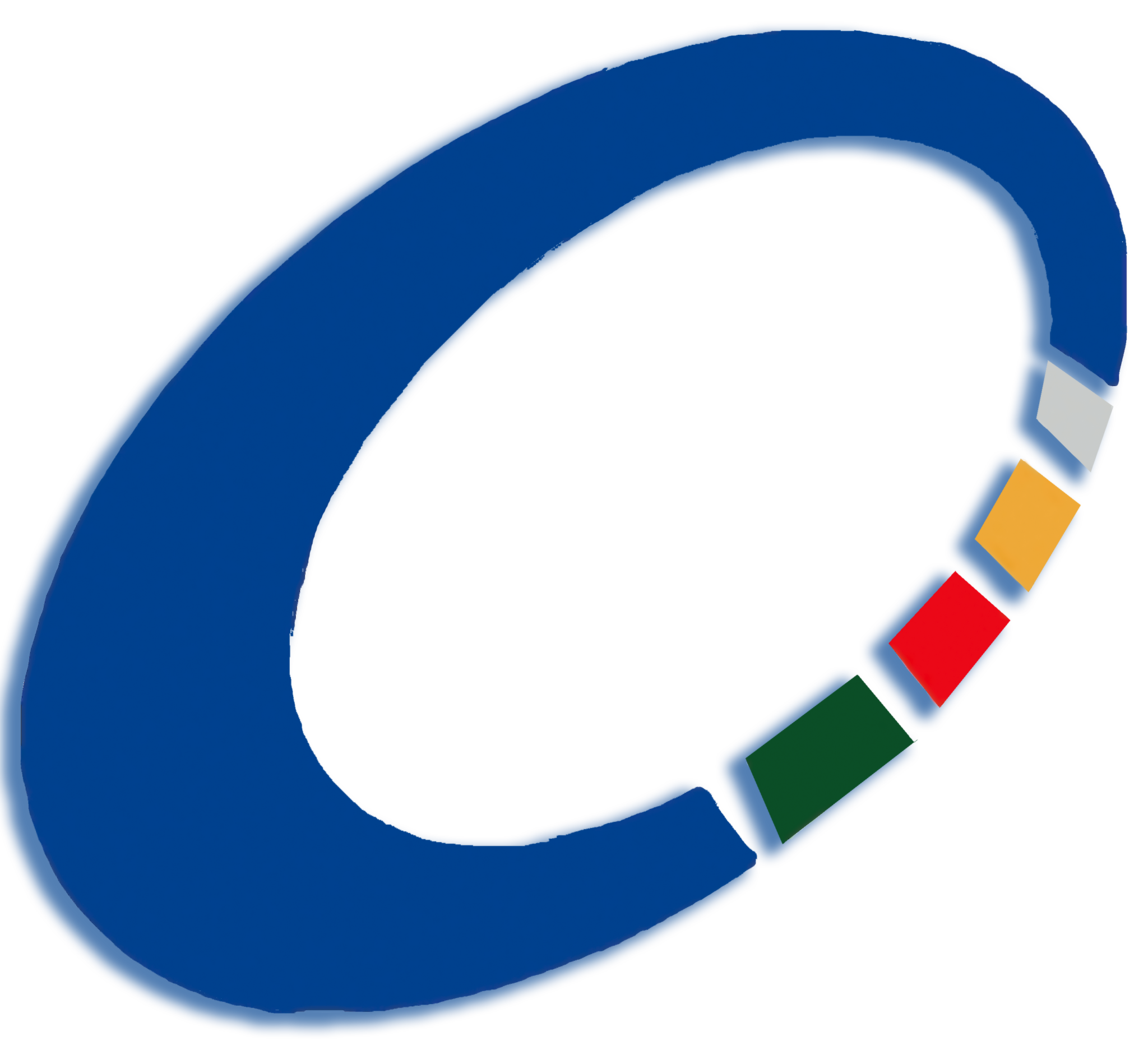The function of your adrenal glands is to release hormones directly into your bloodstream in response to stressors. Adrenal fatigue stems from long term stress placed on the glands. The adrenal glands sit right above your kidneys. They are made up of two parts the medulla (inner part) and the cortex (outer part). The medulla produces two important hormones called epinephrine (adrenaline) and norepinephrine (noradrenaline), which initiates a fight or flight response.

Fight or Flight Response To Stress
“These hormones are capable of increasing the heart rate and force of heart contractions, increasing blood flow to the muscles and brain, relaxing airway smooth muscles, and assisting in glucose (sugar) metabolism. They also control the squeezing of the blood vessels (vasoconstriction), helping maintain blood pressure and increasing it in response to stress.” – Johns Hopkins Medicine
Adrenaline is activated in response to physically and emotionally stressful situations when your body requires additional resources for a response. For example, when you’re driving and all of a sudden someone cuts you off and you have to slam on your breaks to avoid an accident your body releases adrenaline which allows you to respond quickly. Your heart racing, white knuckles gripping the steering wheel, and sweating are all physical responses to adrenaline.

As soon as you are out of danger, your heart rate falls back to normal, and you return to a relaxed state. An adrenaline response typically does not last long. It is diminished by an enzyme called phosphodiesterase because it is unhealthy for your body to remain in that state for too long.
Caffeine and theophylline, the active ingredients in coffee and tea, inhibit phosphodiesterase, thus prolonging the effects of adrenaline like responses. Which is why people experience increased heart rate and sometimes sweating or shaking when they have caffeine.
Responding To Everyday Stressors
Produced in the cortex of the adrenal gland are other hormones that we need for everyday function. Cortisol plays an essential role in how we function day to day and respond to stress. “It helps control the body’s use of fats, proteins, and carbohydrates, suppresses inflammation, regulates blood pressure, increases blood sugar, and can also decrease bone formation.” – Johns Hopkins Medicine
Cortisol plays a role in the sleep/ wake cycle. Levels are higher in the morning to get us out of bed. They fluctuate during the day based on your needs. Short term stress like exercise, or rushing to work requires cortisol to give us that energy boost.

The adrenal gland also produces the hormone aldosterone, which controls the levels of electrolytes in the body. The cortex is also responsible for producing sex hormones. However, the leading producer of sex hormones for men and women are the testes and ovaries, respectively.
This is the framework for which we build our stress response. These two little glands are essential in the overall function of everyday life. Adrenal fatigue is debilitating and has a wide range of symptoms beyond just fatigue.
Here’s To A Better Life,
Dr. Steve Puckette

